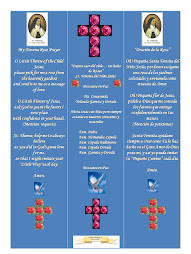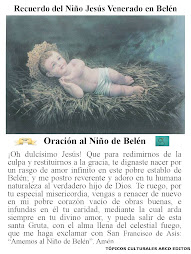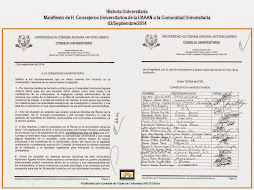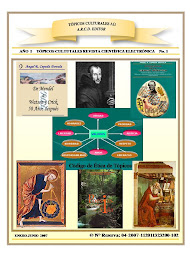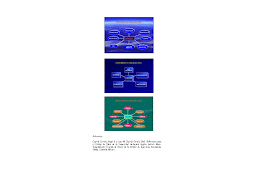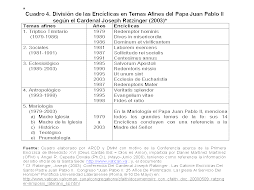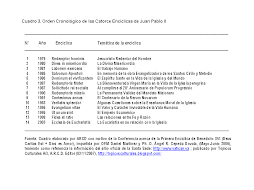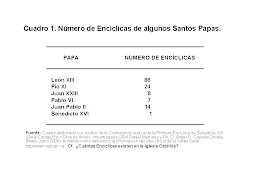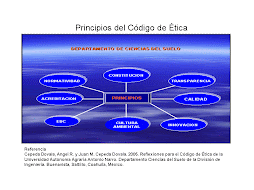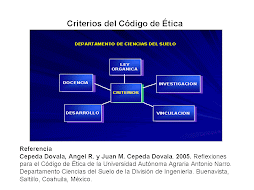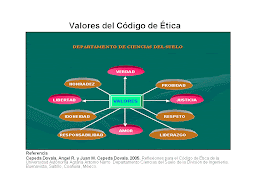SHORT COMUNICATION 9
Demonic Affliction or Demonic Possession
By
Roger Behra, B. S. Education *
* Bachelor of Science in Elementary Education, Western New Mexico University,
Silver City, New Mexico. He took five courses, 15 graduate hours, University of Arizona in Tucson, Arizona. 19 years experience teaching language arts in Arizona and Ohio, U.S.A. 10 years teaching religion in St. Ann Catholic School in Ohio, in addition.
Because we let evil enter our lives, demons can enter our lives also, and this can happen in two separate ways. A person can be demon afflicted or demonically possessed. Whether a person is afflicted or possessed, deliverance is absolutely necessary. In the case of being demoniacally possessed this requires an exorcism by an exorcist appointed by a Catholic Bishop. The exorcist priest follows an approved ritual and must be careful when performing an exorcism. The most successful exorcisms are the result of Catholic priests performing them.
A person, young or old, needing an exorcisms is referred only after extensive medical treatment has been done by qualified medical people and psychologist and psychiatrist. When behavior defies responding to regular medical treatment or psychological treatment, the indication is there is demonic expression present.
Demonic expression can take the form of merely affliction or very serious possession. Affliction means a person decides to do evil things. Possession means a person actually decides to let a demon enter his/her life and control behavior. It’s an agreement, consciously made, for one reason or another. The two kinds of demonic possession are: imperfect possession (can be exorcised) and perfect possession (can not be exorcised), and only an exorcism can determine which is the case.
The demon can be either male (called incubus) or female (called succubus). It is possible for more than one demon to afflict or possess a single person. Every demon has a name. Some demons depart easily. Some demons fight expulsion for hours. In the case of multiple demons an exorcism can take several days as longer. Perfect possession means the demon(s) can not be exorcised. A demon or demons can inhabit a house, which makes exorcism necessary to rid the house of it or them.
Individual persons bear the responsibility for the affliction or possession. They invited it into their lives. They made a deal with demonic evil, let evil enter their lives and control them. And later they regret it and seek help to eliminate it.
A definitive sign of demonic expression occurs when a person can not on his/her own eliminate the evil behavior or circumstances, and a professional person or persons must be needed. In the case of persons, when it is noticed, “a look in the eyes, a tone of voice, a sense of contempt, coldness, fits of suitable anger, and very smooth, taut facial expression are exhibited, you have the indication that a person is in league whit the devil”, says Father Malachi Martin, who was a world famous priest exorcist. And it is the priest exorcist who is the deciding factor whether it is demonic affliction or demonic possession.
If a demon takes only partial control (demonic affliction or imperfect possession) and the person wants to rid his life of its control, the person must consent to it and agree to an exorcism. It will not automatically, happen, and it is the only course to take. If a person is totally controlled (perfect possession) that person can not be helped, and an exorcism, if tried, is an unsuccessful adventure. In cases of perfect possession the exorcist priest usually knows ahead of time and does not attempt exorcism. When a person deliberately and consciously agrees to let the devil have his soul in exchange, he can not be helped. Sooner or later Satan will exact his price, and that will be the ownership of the person’s soul for all eternity.
“Demonic affliction and demonic possession have increased eight-hundred to a thousand percent since the 1970’s”, says father Martin. “We can see the effects all around and mostly in United States of America. It is a very serious matter in our daily lives in our modern world”.
jueves, 6 de septiembre de 2007
Calendario Tópicos Culturales 2011

Our Lady in Art
ICHTHYS

ichthys
MEMORARE

IN MEMORY YOLANDA BEHRA
ICHTHYS

ICHTHYS
Mi Novena Oración de la Rosa Santa Teresita

Mi Novena "Oración de la Rosa"
Oración a San Judas

San Judas, Ruega por Nosotros
¡Feliz Navidad y Venturoso Año Nuevo 2010!

¡Feliz Navidad y Venturoso Año Nuevo 2010!
Acróstico
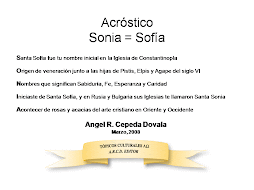
Sonia = Sofía
¡Feliz Pascua 2009!

Pascua.arcd
Pascua 2008

¡Felices Pascuas de Resurrección!
Navidad y Año Nuevo 2008

Feliz Navidad y Próspero Año 2008
Calendario 2013

Juan Pablo II
CALENDARIO 2013

Virgen María en el Arte
Calendario 2013

Benedicto XVI
Pascua 2013

Jesucristo El Buen Pastor
feliz día de las madres 2012

feliz día de las madres 2012
DICIEMBRE 2012

DICIEMBRE 2012
NOVIEMBRE 2012

NOVIEMBRE 2012
OCTUBRE 2012

Octubre 2012
SEPTIEMBRE 2012

SEPTIEMBRE 2012
AGOSTO 2012

AGOSTO 2012
JULIO 2012

JULIO 2012
JUNIO 2012

JUNIO 2012
MAYO 2012

MAYO 2012
ABRIL 2012

ABRIL 2012
MARZO 2012

marzo 2012
FEBRERO 2012

FEBRERO 2012
ENERO 2012

enero 2012
Nuestras Actitudes ante la Vida

Actitudes ante la Vida
SEASON OF CHRISTMAS

DECEMBER 25, 2012-JANUARY 6, 2013
¡FELIZ PASCUA 2012!

pascua 2012
Cátedra de San Pedro

St. Peter
14 de Febrero

Día de San Cirilo y San Metodio
Conversión de San Pablo

Francesco Mazzola (1503-1540)
Manifiesto Universitario UAAAN

Documento Firmado y Recibido Enero 2013
Manifiesto Remoción Rector UAAAN

Documento, Enero 2013
Bendición

Feliz Navidad y Ventuoroso Año 2013
happy new year 2012

2012
Feliz Navidad 2011

Venturoso Año 2011
CUADRO 1. SÍNTESIS NEMOTÉCNICA UAAAN 2006-2012

CUADRO 2. SÍNTESIS NEMOTÉCNICA UAAAN 2006-2010

SHORT COMMUNICATION 1 ROGER BEHRA
Fig. 1. Development of Human Being. (Roger Behra, 2007)
CEREMONIA PARA LA PAZ

INVITACIÓN ES.PE.RE.
Cuadro 1.Semillas germinadas y estadísticos descriptivos.

ARCD y JMCD
Cuadro 2. Análisis de varianza para la variable número de semillas germinadas.
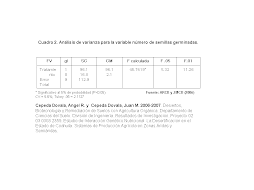
Encíclicas de la Iglesia Católica
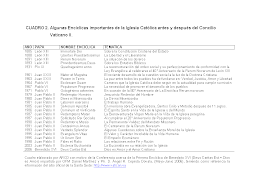
Algunas Encíclicas imortantes de la Iglesia Católica












































































